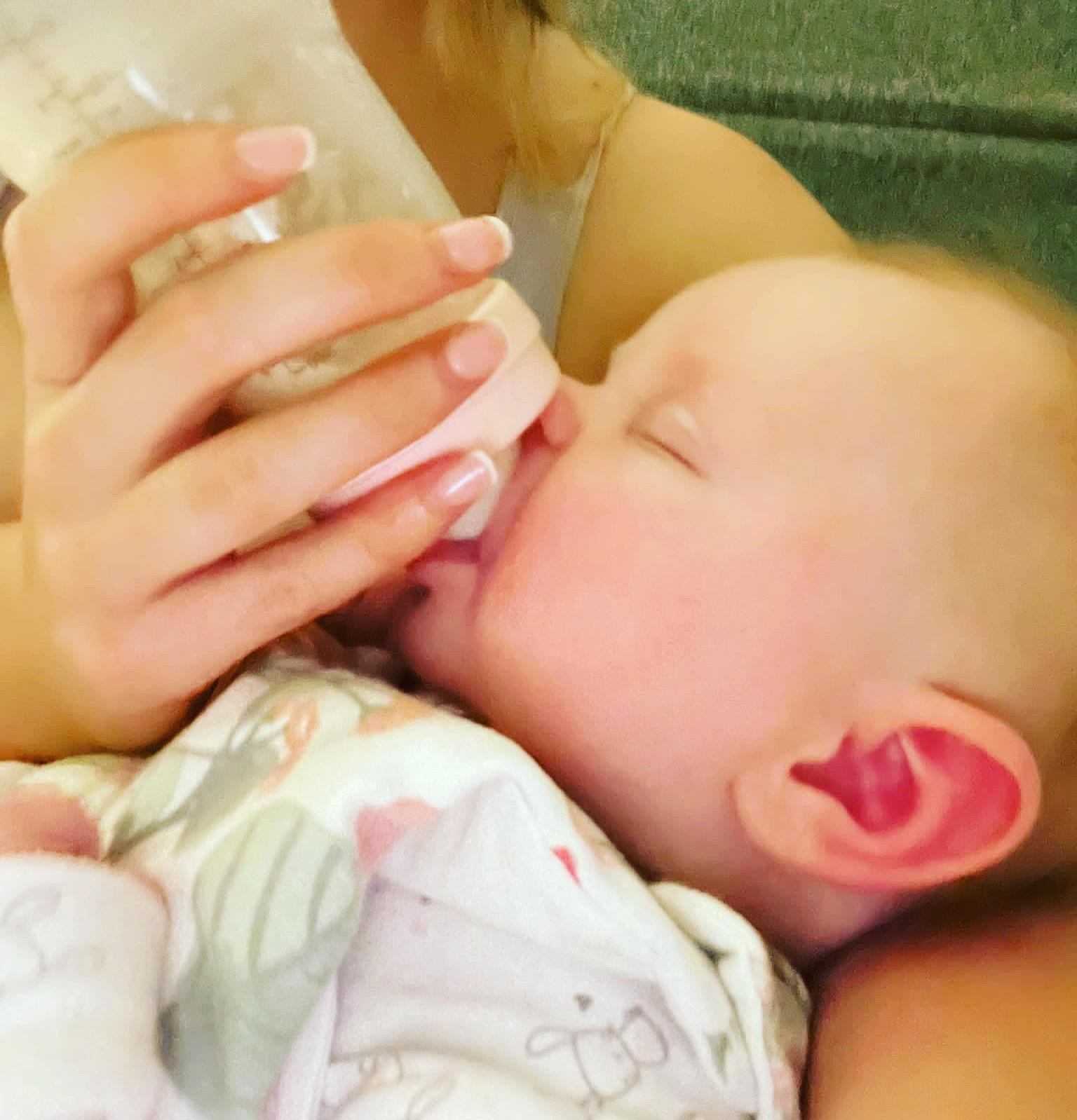I can’t tell you how many times I’ve heard the advice: “You just need to find the right bottle.”
It pops up everywhere—Facebook groups, Reddit threads, even in professional consults. But here’s the truth: research and experience don’t back that up.
Think about it for a second—when your baby was born, did they try out different sizes and shapes of breasts until they found the “right” one? Of course not. The idea doesn’t even make sense. So why would we suggest the same thing with bottles?
Does the bottle itself matter?
Yes, of course it does. But it’s rarely the whole story. Focusing only on the bottle is like trying to jam one puzzle piece into place over and over again—when what really matters is how the rest of the pieces fit together.
If you’ve already tried three or more bottles and your baby is still refusing, the issue usually lies elsewhere. And that’s actually good news—it means there’s a bigger picture we can work with.
Small Adjustments, Big Results
Helping a baby feed well doesn’t usually take big, dramatic changes. In most cases, it comes down to small, thoughtful tweaks that make a huge difference.
Yes, there are exceptions—like prolonged feeding challenges, G-tube placements, oral aversions, or dysphagia—that need specialist care. But for most babies, little shifts can completely change the feeding experience.
🤍 A change from a 45° to a 60° angle in positioning can turn non-nutritive sucking into efficient milk transfer.
🤍 Giving a baby full-body stability instead of leaving them wobbly can be the difference between a few sips and finishing 3 ounces.
🤍 Supporting proper alignment—ears over shoulders over hips—instead of neck extension can turn coughing, choking, or refusing… into calm, effective feeding.
These small but powerful changes are often the key to helping a baby accept the bottle.
Looking at the Whole Picture
This is exactly why I don’t just tell parents to “try another bottle.” Instead, I look at the bigger picture—things like:
- The feeding environment
- Techniques and timing
- Positioning and handling
- A baby’s motivation and readiness
When these elements work together, babies often start to feed with much less stress.
There is Hope
Bottle refusal is incredibly stressful—especially if you’re preparing to go back to work. But here’s what I want you to know: it usually doesn’t take huge changes, endless trial and error, or buying dozens of bottles to fix the problem.
With the right guidance, most babies do learn to take a bottle. And when that happens, the relief for both parents and baby is enormous.
If this is something you’re struggling with, I’d love to help. I offer a Bottle Refusal Service for babies under 7 months, and I’ve had 100% success in supporting families through this stage.
You don’t have to do this alone
You can find more information about my Breast and Bottle feeding support here:
.https://hello.dubsado.com/public/form/view/5ff9df8ec2eb84423c6869f0
